Unroll a Sustainable Solution: Embracing Reusable Alternatives to Paper Towels
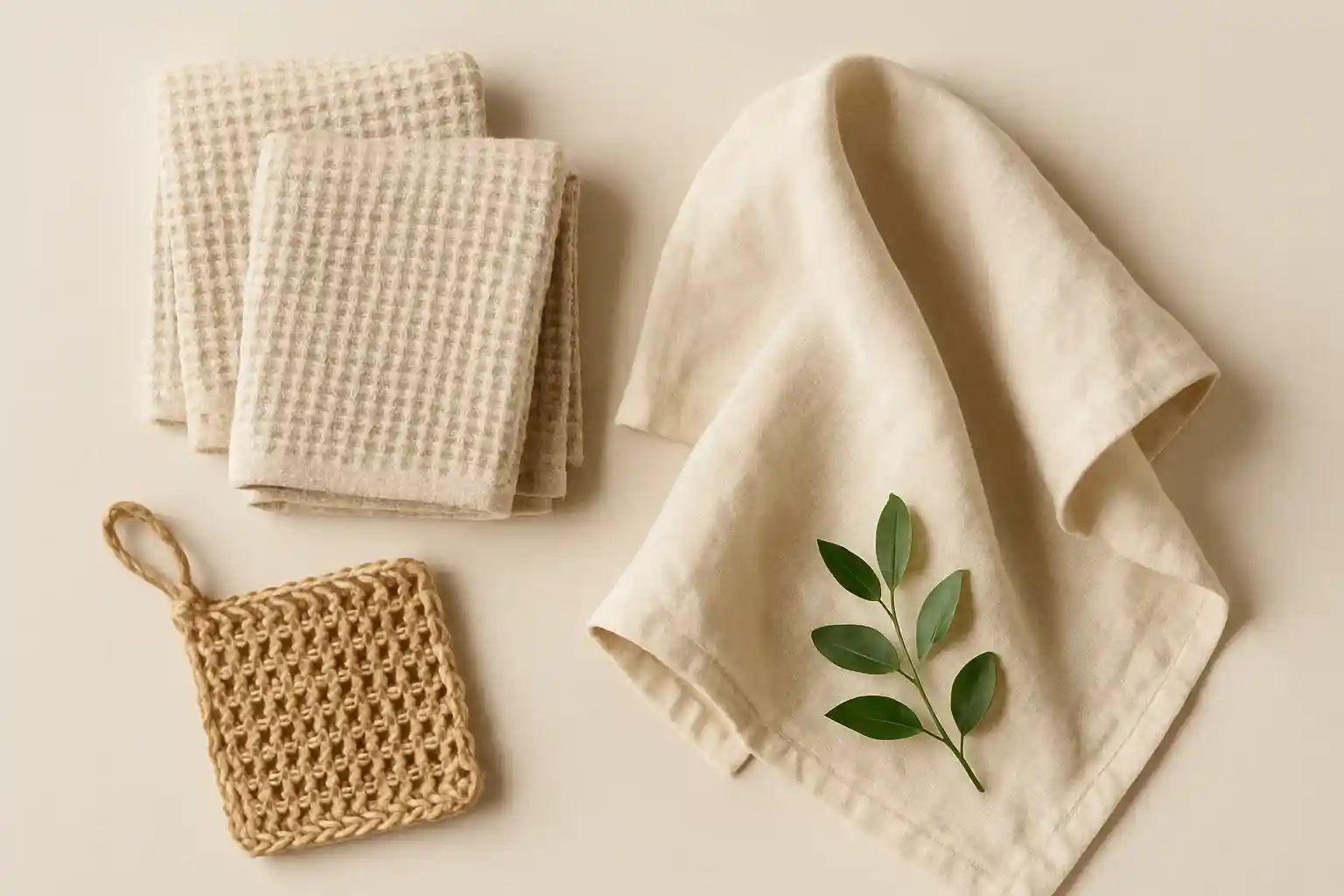
The kitchen, a bustling hub of activity, often sees a significant amount of paper towel usage. From wiping up spills and drying hands to cleaning countertops and absorbing grease, these single-use sheets have become a seemingly indispensable convenience in many households. However, the widespread reliance on paper towels contributes substantially to household waste, leading to deforestation, increased landfill burden, and a significant consumption of resources like water and energy in their production. Embracing a zero-waste kitchen necessitates a critical evaluation of our dependence on paper towels and a conscious shift towards more sustainable and reusable alternatives that are just as effective, if not more so, in tackling our cleaning needs.
The lifecycle of paper towels is a prime example of linear consumption. Trees are harvested to produce the paper pulp, energy-intensive processes are employed for manufacturing, and often, these towels are bleached and packaged in plastic. After mere seconds of use, they are discarded, destined to persist in landfills, where they decompose and release methane, a potent greenhouse gas. The sheer volume of paper towels used globally each day results in a staggering amount of waste, making it a significant contributor to our overall environmental footprint. Recognizing this unsustainable pattern, many individuals are seeking more responsible and eco-conscious ways to manage kitchen cleanups.
Fortunately, a variety of durable, washable, and reusable alternatives can readily replace paper towels in our kitchens, offering the same functionality with a significantly reduced environmental impact. By embracing cloth towels, utilizing highly absorbent Swedish dishcloths, or opting for compostable bamboo towels, we can wipe up spills, dry dishes, and clean surfaces sustainably, minimizing our contribution to landfill waste and conserving valuable resources. These alternatives offer a cost-effective, efficient, and far more environmentally friendly approach to maintaining a clean and tidy kitchen.
Wiping Clean the Sustainable Way: Exploring Reusable Paper Towel Alternatives
Moving beyond the convenience of single-use paper towels opens up a world of more environmentally conscious and often more effective cleaning solutions for your kitchen:
Cloth Towels: The Washable and Long-Lasting Workhorse
Cloth towels, made from absorbent materials like cotton, organic cotton, bamboo, or microfiber, offer a direct and highly effective replacement for paper towels. These washable towels can be used for a wide range of tasks, from drying hands and dishes to wiping up spills and cleaning countertops. Investing in a set of durable cloth towels ensures you always have a clean one on hand, significantly reducing the need to constantly purchase and discard paper towels. Brands like Marley's Monsters offer a variety of colorful and absorbent cloth towels specifically designed for kitchen use.
Swedish Dishcloths: The Super-Absorbent and Compostable Wonder
Swedish dishcloths are a remarkable and highly sustainable alternative to both paper towels and traditional sponges. Made from a blend of cellulose (wood pulp) and cotton, these cloths are incredibly absorbent, durable, and reusable. They can soak up spills, wipe down surfaces, and even scrub gently. Unlike paper towels that are single-use, Swedish dishcloths can be washed hundreds of times. What makes them truly eco-friendly is that they are also fully biodegradable and compostable at the end of their lifespan. Brands like Etee offer Swedish dishcloths in various colors and designs, making them a stylish and sustainable addition to any kitchen.
Compostable Bamboo Towels: The Single-Use with a Greener End
Compostable bamboo towels offer a more sustainable single-use option for those who still desire the convenience of a disposable product. Made from sustainably harvested bamboo fibers, these towels are strong and absorbent like paper towels but are also biodegradable and compostable in industrial composting facilities. While reusables are always the preferred zero-waste option, compostable bamboo towels provide a significantly better alternative to traditional paper towels when a disposable option is necessary.
Embracing a Zero-Waste Kitchen: Mindful Cleaning Habits
By consciously choosing reusable cloth towels and Swedish dishcloths as your primary kitchen cleaning tools, and opting for compostable bamboo towels when a disposable option is truly needed, you can significantly reduce your paper towel consumption and minimize your environmental impact in the heart of your home. Embracing these sustainable swaps is a simple yet powerful step towards a more eco-conscious and waste-free kitchen.
Related Blogs
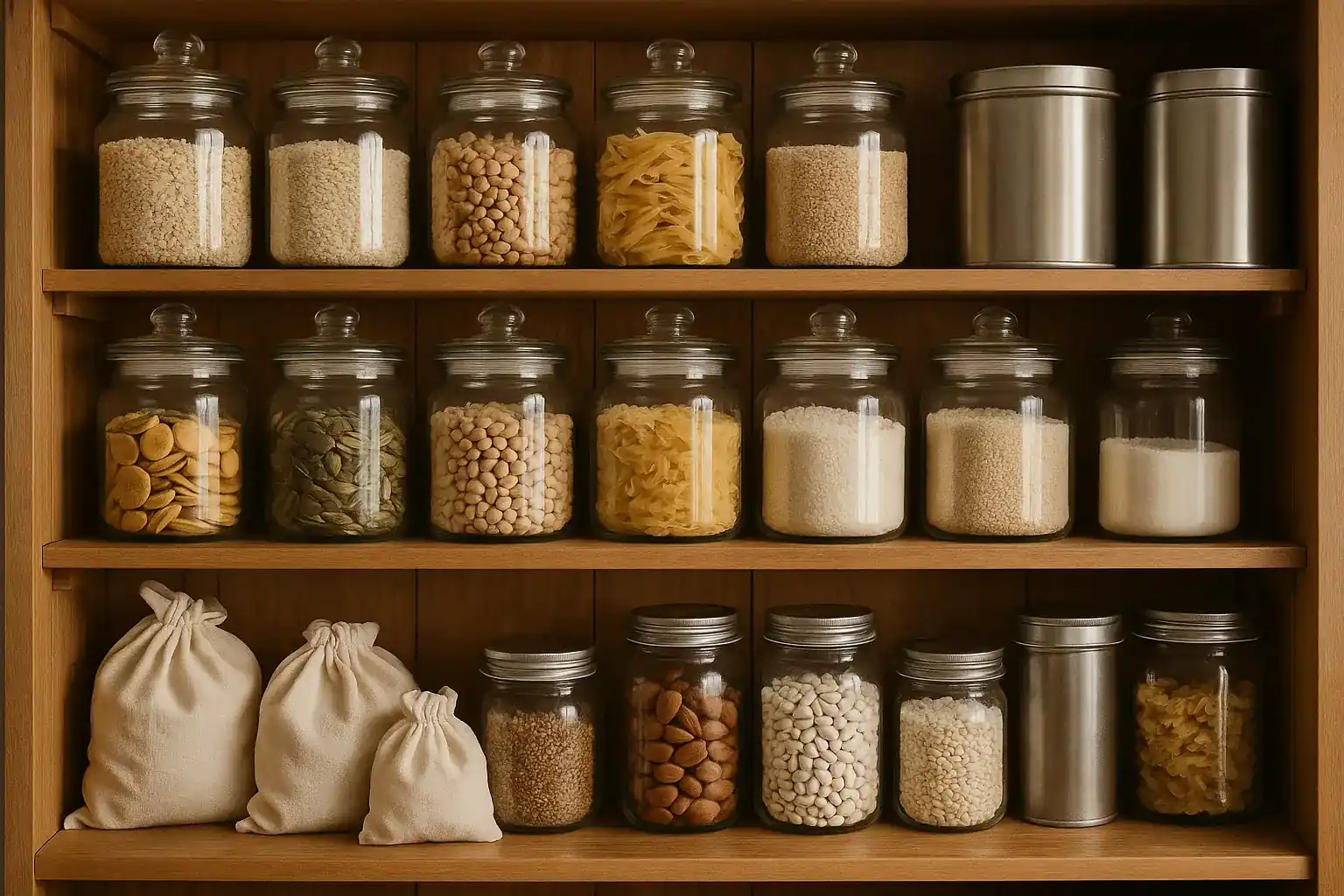
Say Goodbye to Single-Use: 10 Easy Swaps for a Plastic-Free Pantry
Insights on 10 easy swaps for a plastic-free pantry in a sustainable way.
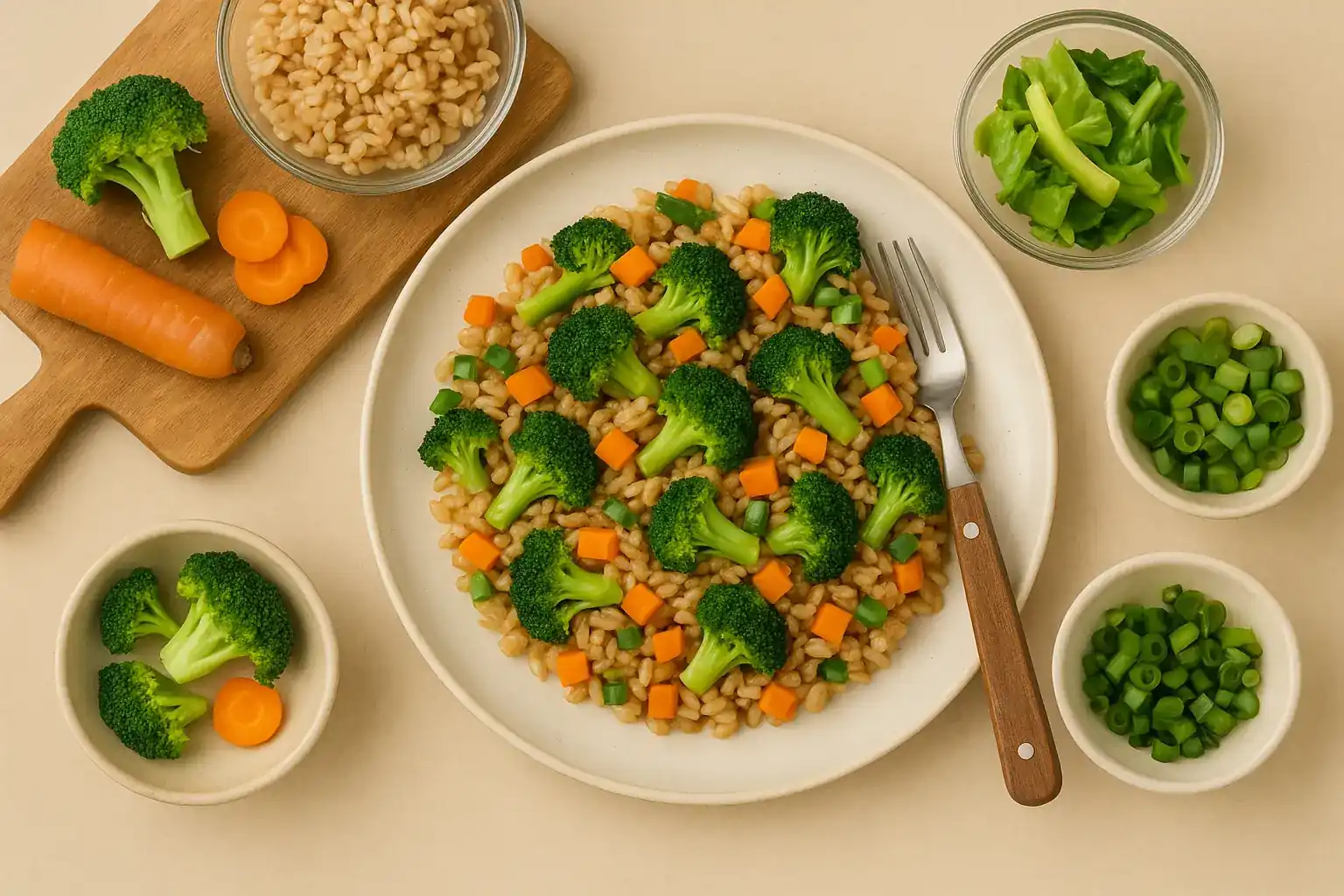
A Week of Delicious Transformations: Zero-Waste Recipes Using Your Leftovers
Insights on a week of zero-waste recipes using leftovers in a sustainable way.
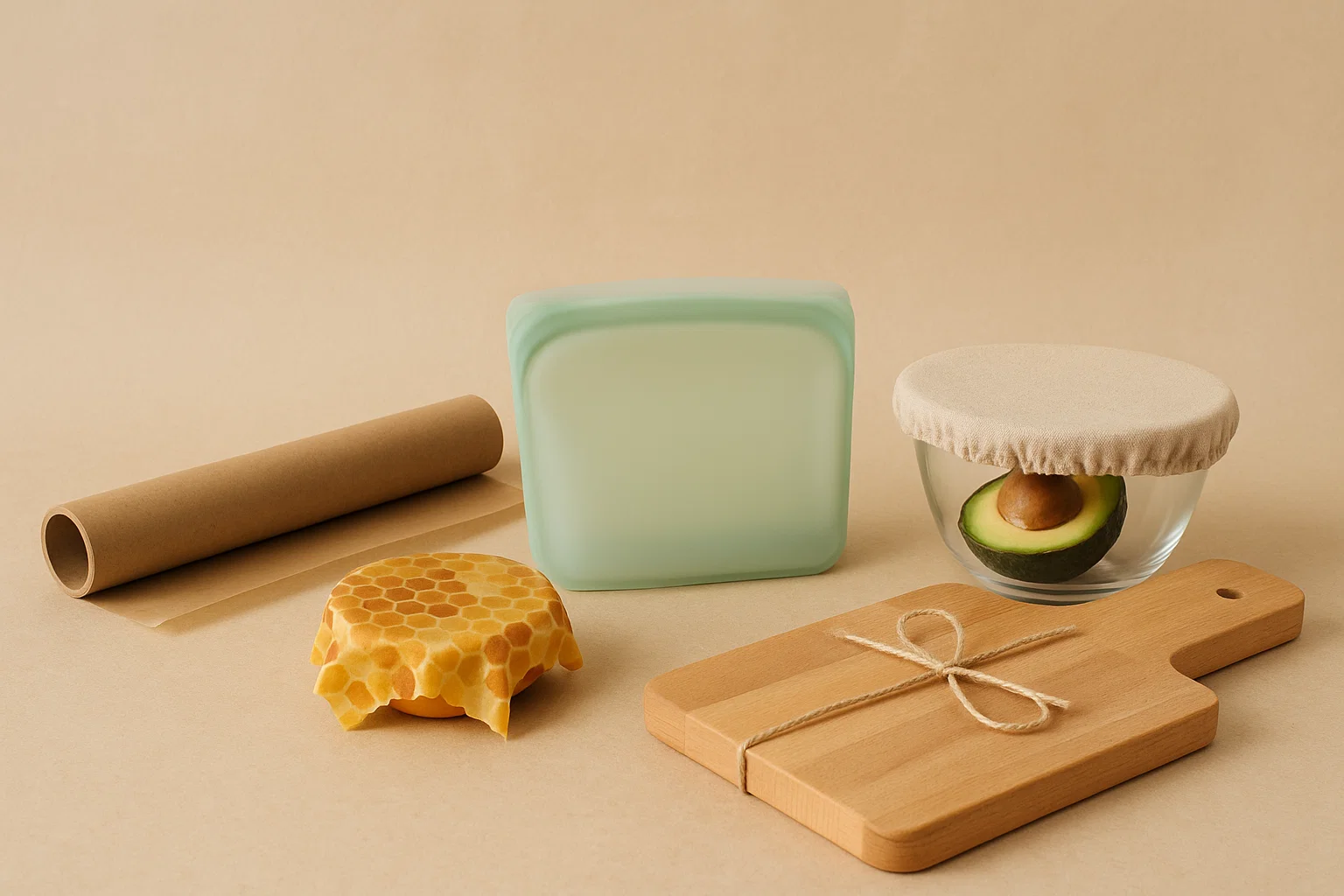
Beyond the Foil: Reusable Alternatives for Sustainable Baking and Food Storage
Opt for reusable silicone baking mats, covered bakeware, and beeswax wraps instead of aluminum foil.
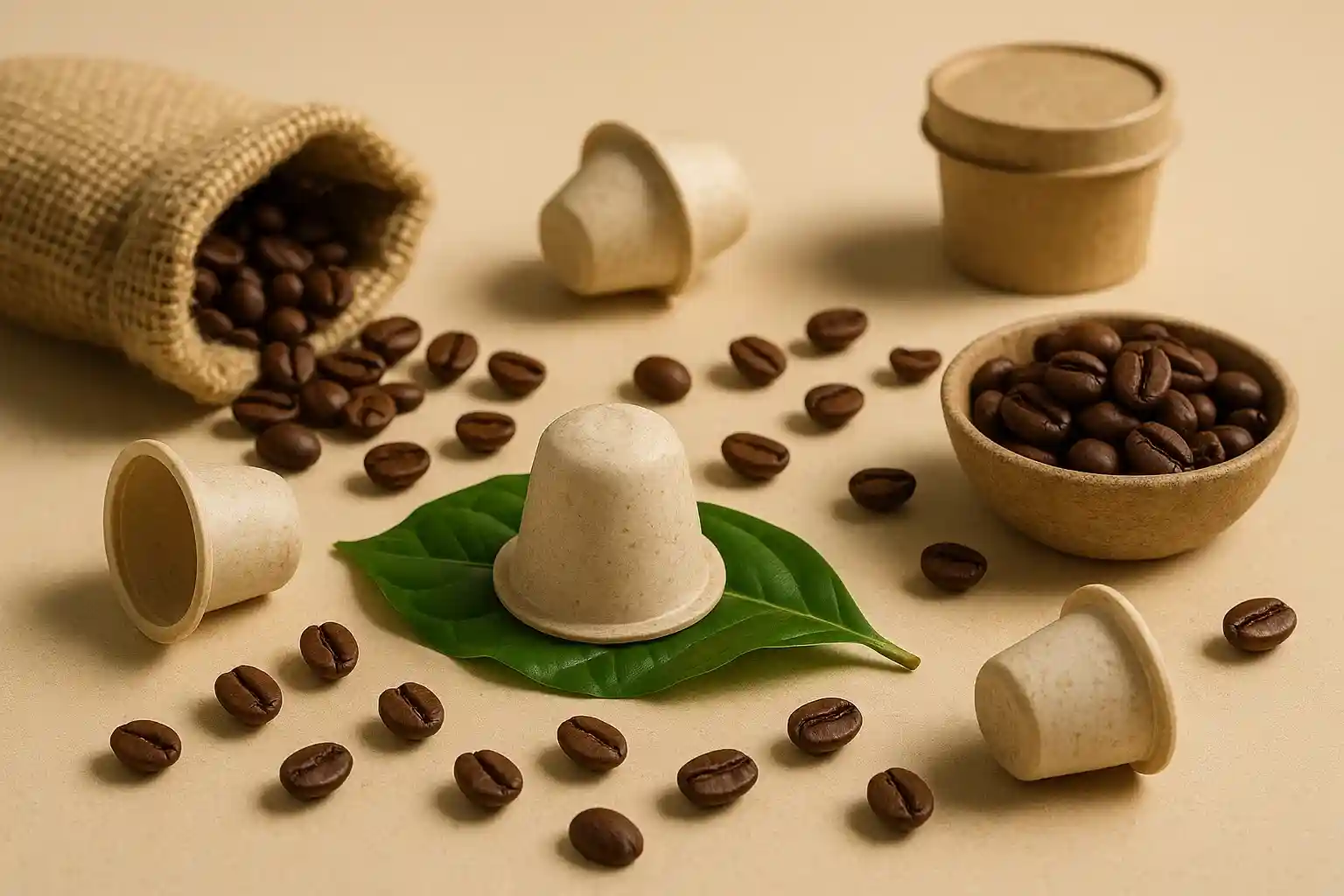
Brew Better, Waste Less: Sustainable Alternatives to Single-Use Coffee Pods
Lower waste and enjoy better flavor with reusable pods, French presses, or Moka pots.
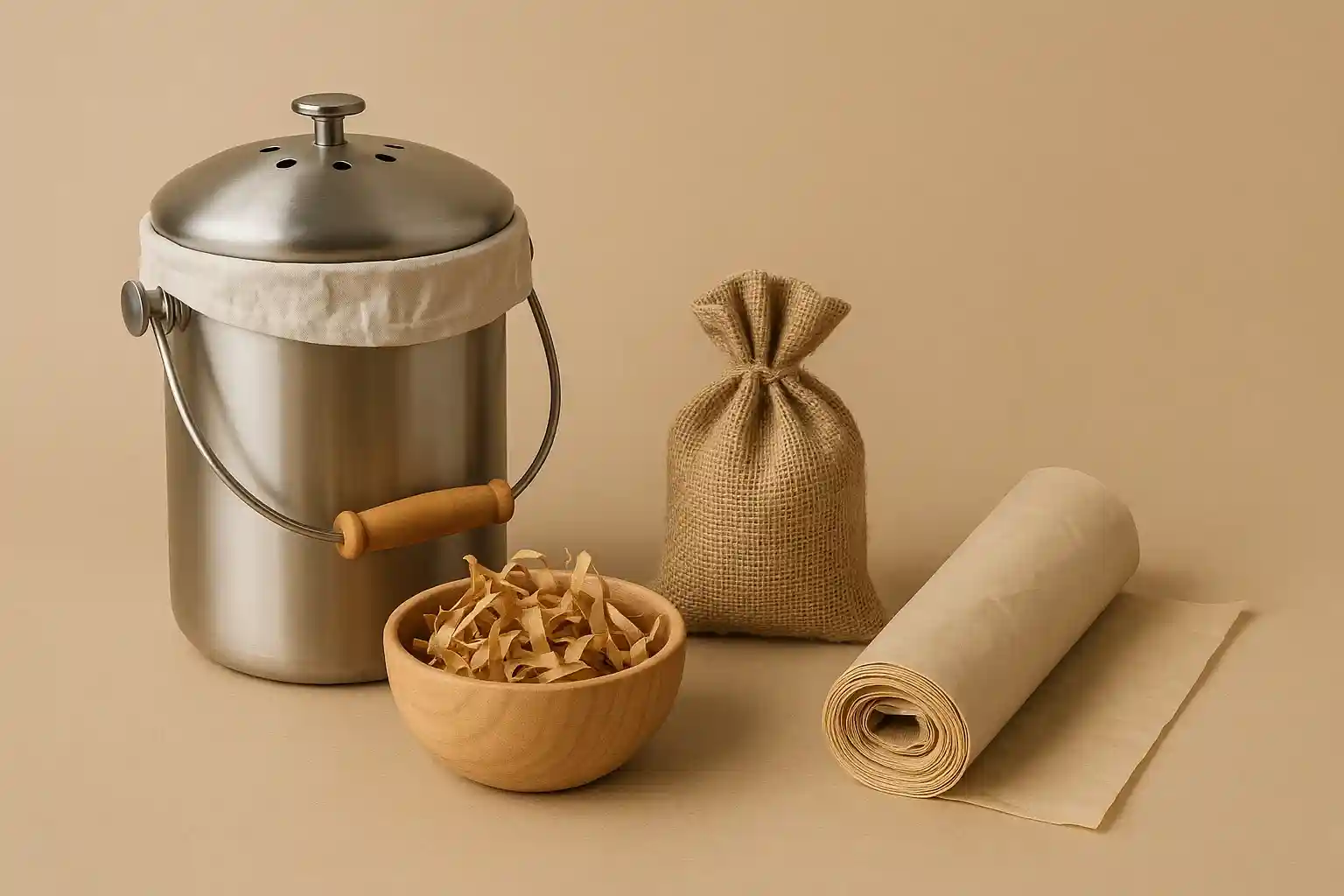
Compost Without the Carry-On: Sustainable Alternatives to Store-Bought Compost Bags
Reduce unnecessary plastic in composting with newspaper liners, bag-free bins, or DIY liners.
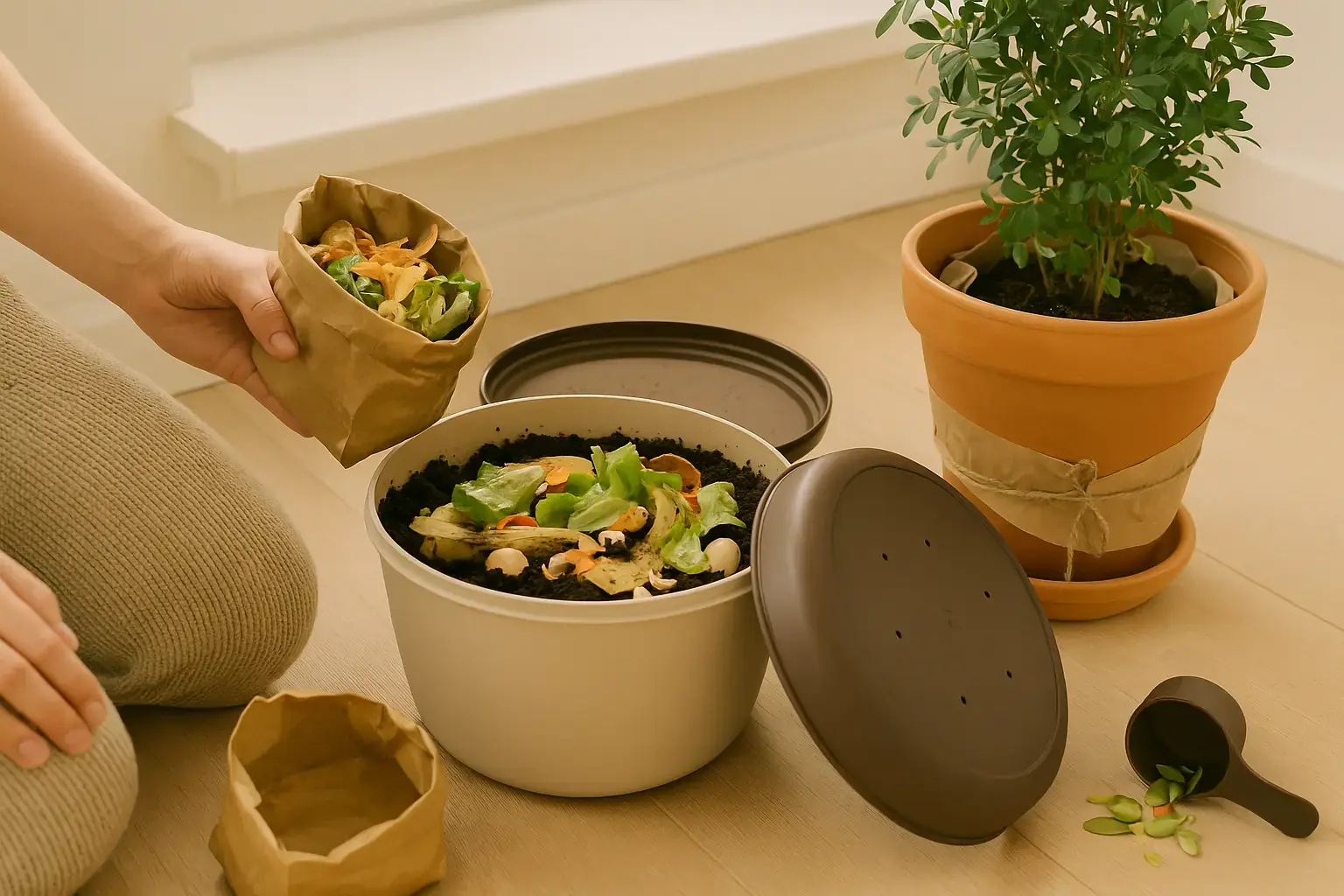
Compost Happens (Even in Apartments!): Your Beginner's Guide
Practical advice and actionable tips for composting 101.
Stay in the Loop
Get tips and insights tailored to your interests — no spam, just sustainability.